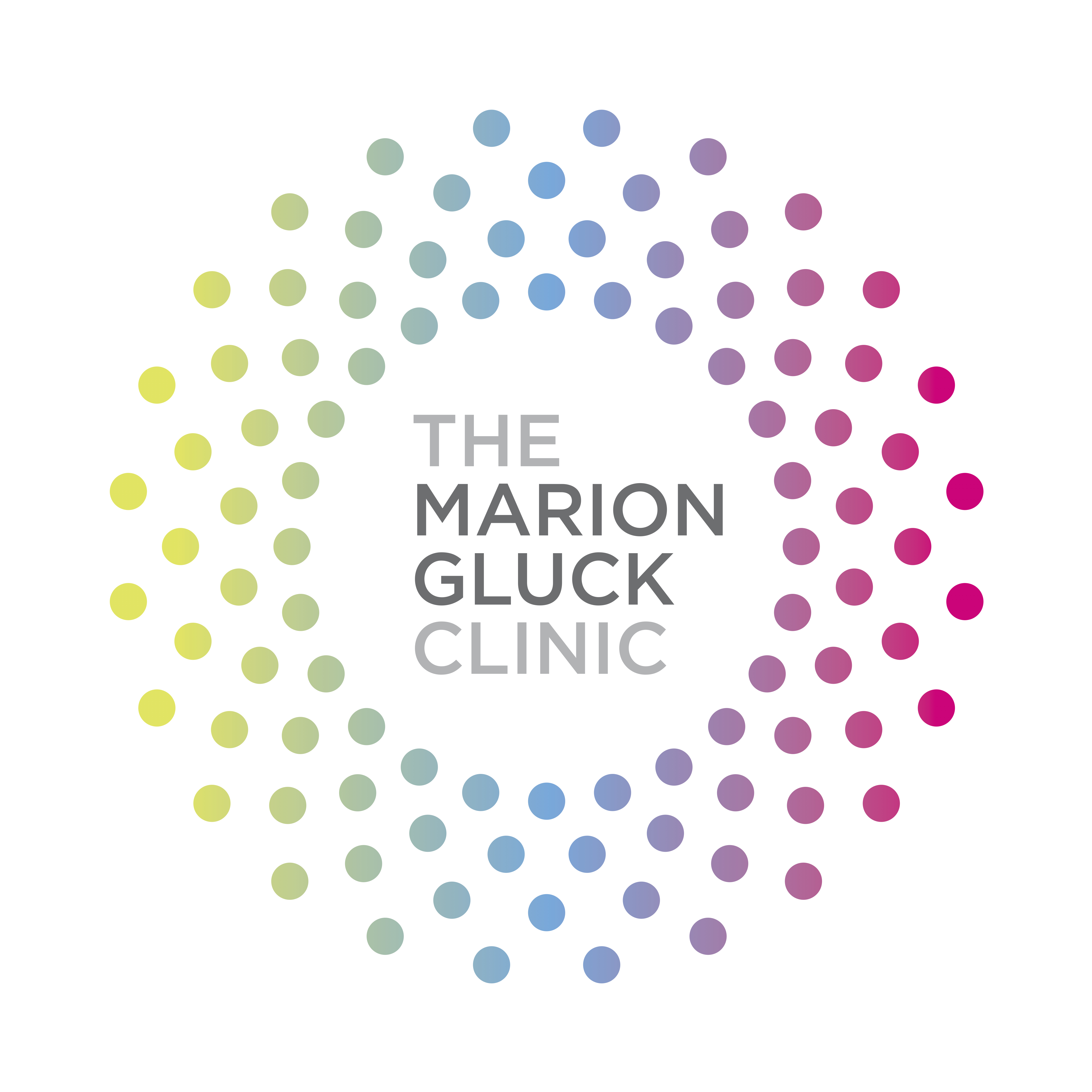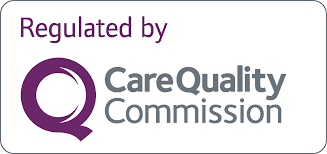ADHD And PMS: How Are They Connected?
Premenstrual syndrome (PMS) and its symptoms are never a fun experience. But if you menstruate and you have ADHD, you may find that this adds up to a particularly challenging time. Most women with ADHD find that the severity of their ADHD symptoms will fluctuate throughout the month — tied closely to their menstrual cycle.
But why is this? What’s the connection between ADHD and PMS? Most importantly of all, how can you better cope with and manage your ADHD and PMS symptoms?
The connection between ADHD and hormones
The exact causes of ADHD are unknown. However, scientists are beginning to notice a connection between ADHD and hormonal levels, particularly oestrogen. Hormonal changes — for instance, those that occur during puberty — are thought to cause or exacerbate ADHD.
So where does oestrogen fit into this? Well, oestrogen (and possibly progesterone, although the jury’s still out on that) impacts the receptors in your brain that trigger neurotransmitters, such as dopamine and serotonin. These chemicals play an important part in regulating our mood and behaviour.
However, when your oestrogen levels are reduced (before your period or menopause, for example), so too do the levels of these chemicals. As the symptoms of ADHD are often exacerbated by many of these neurotransmitters, it is thought that women with ADHD may be more susceptible to oestrogen’s effects on their neurotransmitters.
How your cycle can affect ADHD symptoms
As if dealing with PMS every month wasn’t bad enough, if you have ADHD, you might find that your cycle can also affect the symptoms of your ADHD too.
For most women with ADHD, the intensity of your ADHD symptoms will rise and fall throughout the month, corresponding to your menstrual cycle.
As your oestrogen increases during the second week of your cycle, you might find yourself being more focused and productive at work. However, when your oestrogen levels drop and the symptoms of PMS start appearing after the end of ovulation, this can all change.
In the week leading up to your period and after ovulation, your progesterone levels increase while your dopamine levels shoot down. This kickstarts the more difficult symptoms of ADHD. You may feel more forgetful or irritable, and it might feel harder to control your mood or impulses.
ADHD and PMS symptoms you may experience
While the symptoms of ADHD and PMS can overlap slightly, there are some differences too. Let’s start with some typical PMS symptoms you might experience:
Feelings of helpness
Increased hunger
Bloating
Increased tearfulness
Greasy hair
Spotty skin
Avoidance of social situations
Difficulty concentrating
Anxiety
The symptoms of ADHD, on the other hand, can include, but are not limited to:
Reduced attention span
Increased forgetfulness
Finding it harder to complete tedious tasks
Frequently jumping from task to task
Poor concentration
Making careless mistakes
As you might have noticed from this list, ADHD symptoms in women tend to be more related to focus and concentration rather than hyperactivity and impulse control (which males tend to have).
Consequently, when you are experiencing both PMS and ADHD, you might find yourself experiencing increased levels of mood swings, difficulty sleeping, increased irritability, fatigue, low mood and more. In short, PMS and ADHD can be a double whammy of trouble.
PMS and ADHD medication
Using medication to treat your ADHD? That can also actually exacerbate the symptoms of your PMS too (yep, it’s a triple whammy). According to WebMD, these medications may have a negative impact on your ADHD:
Methylphenidate: more commonly known as Ritalin, this stimulant is used to treat ADHD, although it can give you heavier periods. Some early research suggests it may lead to problems conceiving too, although more studies are needed to confirm this.
Atomoxetine: also sold under the brand name Strattera, atomoxetine is a selective noradrenaline reuptake inhibitor (SNRI). However, heavy, irregular or painful periods are one of its side effects, which can make your own period worse.
Coping with ADHD and PMS symptoms
All this sounding pretty tricky to manage? Thankfully, there are plenty of ways you can cope with and manage your ADHD and PMS symptoms yourself. Here are just a few to get you started:
Keep a symptom diary: everyone experiences their PMS and ADHD symptoms differently, and at different times. Keep a diary logging what symptoms you experience and when — this will help you and your doctor build a treatment plan that’s right for you.
Look after your mental health: as many of the symptoms of ADHD and PMS are emotional, taking care of your mental health can help alleviate them somewhat. Speak to a professional to learn some useful coping strategies that work for you.
Top-up your hormones: when your hormones are imbalanced, your PMS and ADHD symptoms are much worse. Bring the zen back to your hormones with our bioidentical PMS cream to alleviate the symptoms of your PMS.
Go for a run: all exercise is good, but cardiovascular exercise is particularly great for relieving the symptoms of both your ADHD and your PMS, especially low mood, fatigue and poor concentration.
Get your forty winks: we can all get a bit cranky when we haven’t had enough sleep, and if you’ve got PMS or ADHD, that only gets worse. Aim for a good eight hours a night to keep your body in check.
Managing PMS on your own can be a challenge — especially if you have ADHD too. But with Hormones and You, you can get the help you need, when you need it.
Take our online assessment to discover how Hormones and You’s range of accessible, natural and personalised hormone solutions can help alleviate the symptoms of PMS for a better, more comfortable life.
For more information about PMS, please refer to our guide ‘What is PMS?’.






